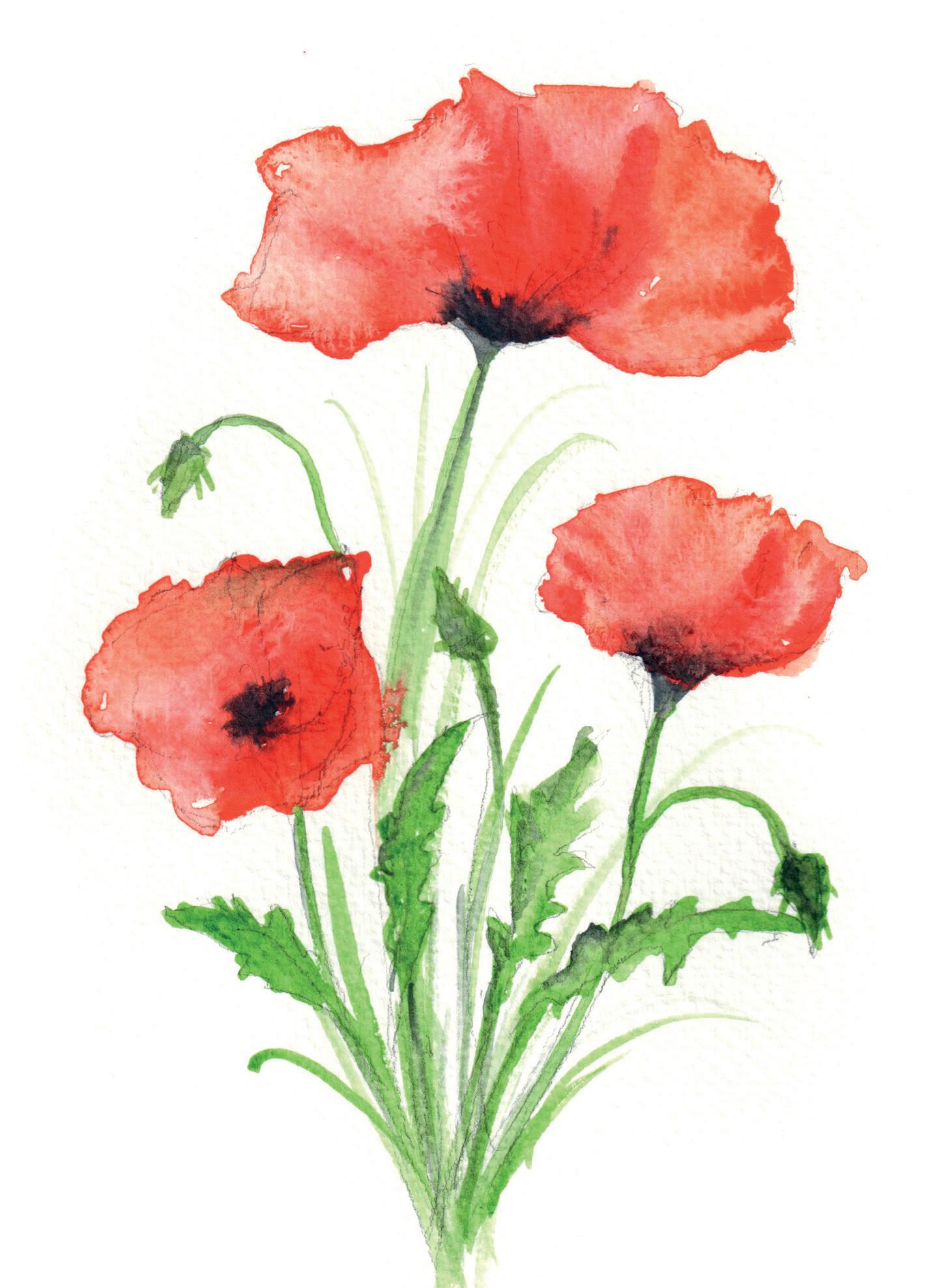
3 minute read
Humanity of Shadows
Two men, unified by their experience of The First World War, battle tirelessly against the traditional confinements of the propaganda poetry of Jessie Pope. They introduced a new form of poetry, not adhering to the accepted rhyme scheme of such Romantic Poets as Keats and Wordsworth, but rather creating a true representation of the inhumane experiences of World War I.
Siegfreid Sassoon served with the Royal Welsh Fusiliers in France. Wounded in April 1917, he was sent to England to recover. In July 1917, under great personal strain, he issued the now famous statement in which he criticises those he sees as prolonging the war. It was read out in the House of Commons and Sassoon was soon sent to the Craiglockhart Hospital in Edinburgh to be treated for shell shock by the psychologist W.H.R Rivers before returning to the Front. Sassoon in his poems, ‘On Passing The Menin Gate’ and ‘The Death-Bed’, rebelled against societal views held against soldiers, but also against the government for deliberately prolonging the war.
Advertisement
‘I am making this statement as an act of willful defiance of military authority, because I believe that the War is being deliberately prolonged by those who have the power to end it. I am a soldier, convinced that I am acting on behalf of soldiers. I believe this War, upon which I entered as a war of defence and liberation, has now become a war of aggression and conquest. I believe that the purposes for which I and my fellow-soldiers entered upon this War should have been so clearly stated as to have made it impossible for them to be changed without our knowledge, and that, had this been done, the objects which actuated us would now be attainable by negotiation. I have seen and endured the sufferings of the troops, and I can no longer be a party to prolonging those sufferings for ends which I believe to be evil and unjust. I am not protesting against the military conduct of the War, but against the political errors and insincerities for which the fighting men are being sacrificed. On behalf of those who are suffering now, I make this protest against the deception which is being practiced on them. Also I believe that it may help to destroy the callous complacency with which the majority of those at home regard the continuance of agonies which they do not share, and which they have not sufficient imagination to realise.’
Sassoon’s undeniable bravery to protest against the hierarchical British Army only led to his confinement in a mental hospital. Sassoon left behind the traditional regulations of poetry and stretched to a form of poetry never seen before - free verse with unregulated structure - which as Sassoon rightly believed best demonstrates the inhuman experiences of 1914-1918. World War I was not the voluntary, harmonious and lyrical involvement emphasised by Rupert Brooke, but rather a war that encompasses “industrialised slaughter fear and appalling human suffering” (Nick Harkaway, British Novelist). This theme of Glory and Heroism, ever present in traditional romantic poetry pre-World War I, has no place in the poetry of Sassoon and Owen.
Wilfred Owen, like Sassoon, defied the accepted form of poetry and protested against the inhuman and sinister experiences the men and women involved in the first World War faced. Owen’s poem ‘Dulce et Decorum Est’ demonstrates
HUMANITY OFSHADOWS by A JoyUpper Sixth the ignorance of the average person, blindsided by propaganda, but also questions the ultimate purpose behind fighting for their country. Owen does not ignorantly follow the propaganda of Jessie Pope or Rupert Brooke, but rather sets out to deliver a descriptive and emotive representation of his life on the front line: “Of vile, incurable sores on innocent tongues.” A corruption of youth and nature, a complete perversion of mankind, evident within this quotation, but perhaps also not just a sinister upheaval of natural laws, but rather a conflict of duty. Both Owen and Sassoon broke away from the societal acceptance of undignified conflict and expressed their disgust and experiences in their poetry.
Ultimately, World War I was such an inhuman experience for all, whether this be soldiers, nurses, or their families. For propaganda to be dictating people’s understanding was dangerous to say the least, but with the likes of Wilfred Owen and Siegfreid Sassoon, the true reality of World War I was expressed through an artistic and free verse of poetry never seen before.









